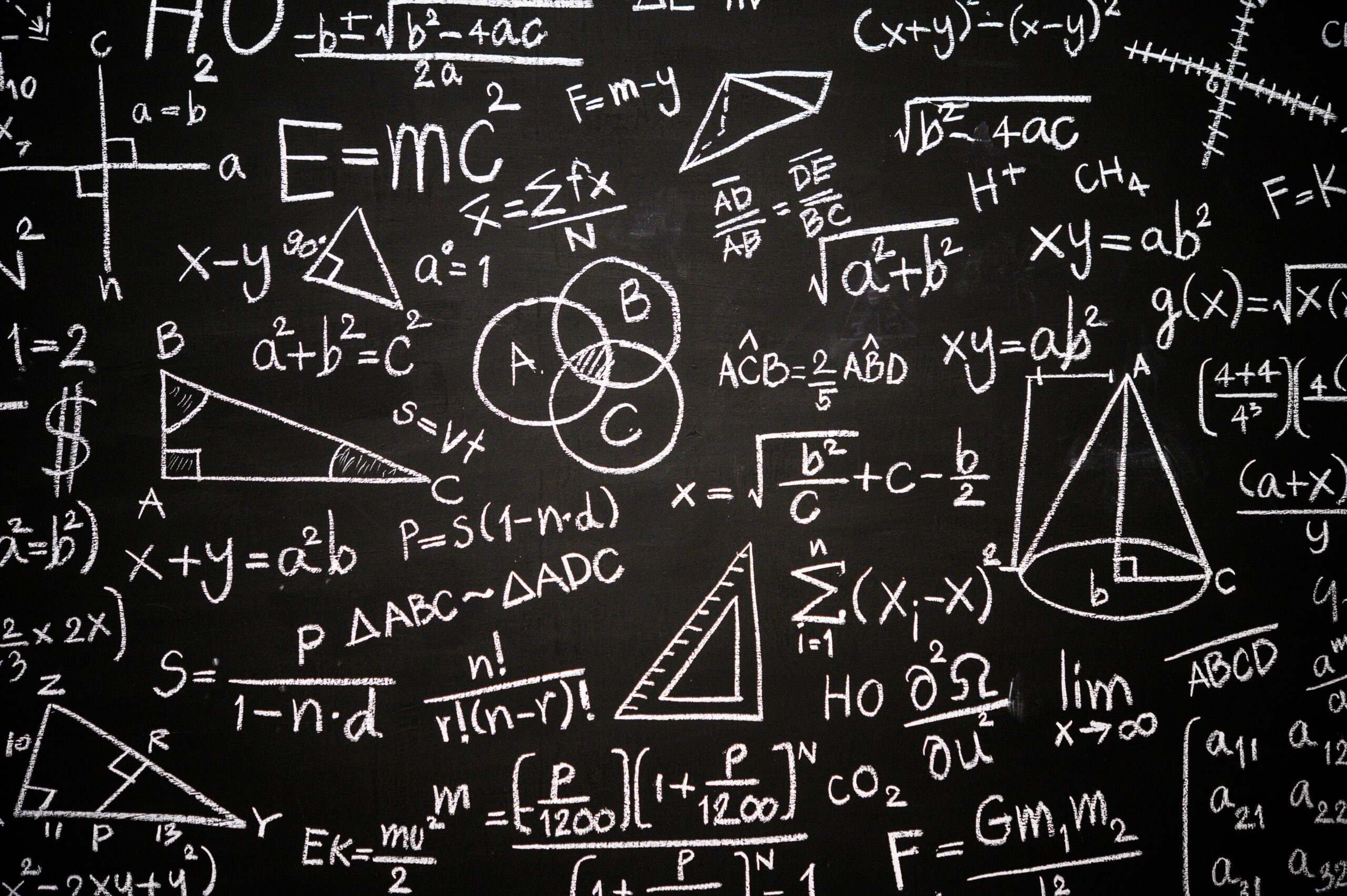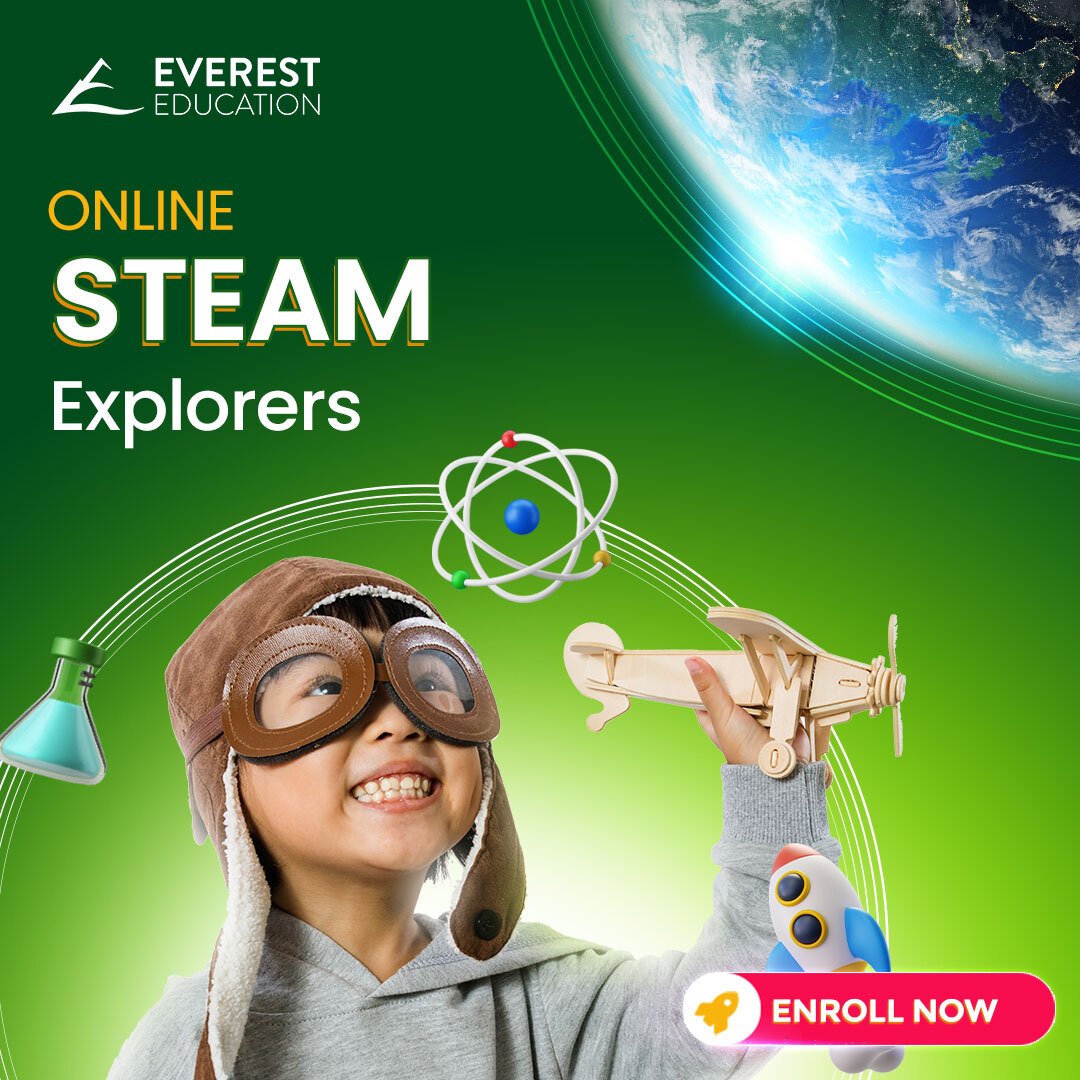Choosing a STEM degree can be overwhelming. There are so many great programs to choose from! But don’t worry, we’re here to help. We’ve compiled a list of the top STEM courses and degrees for you to consider. Whether your kids are interested in engineering, computer science, or mathematics, there’s a program out there that’s perfect for you. So don’t wait any longer, start exploring your options today!
Learn more about this topic in part 1!
Top STEM courses and Degree choices (Part 2) – “E”ngineering and “Math
1. What is the career prospect for STEM students?
STEAM is the abbreviation for Science, Technology, Engineering, Art & Math. It’s an integrated approach to teaching and learning that integrates science, technology, engineering, the arts, and math as pathways to guide student inquiry, discussions, and critical thinking.
STEAM education, currently introduced to individuals during their college years, is set up to teach students how to think critically, enabling them to problem solve effectively and use creative thinking to drive forward. Complete projects using new methods, tried and tested solutions and using their initiatives.
The employment rate of many STEM occupations, including epidemiologists, medical scientists, and biological technicians, has been expected to increase in the United States since the coronavirus pandemic started, as mentioned in the most recent study by the Bureau of Labour Statistics. According to the Census Bureau’s 2019 American Community Survey, STEM professionals who studied in a STEM discipline in college earned an average of $101,100 compared to $87,600 for those who did not. The statistics also show that STEM graduates had more opportunities to transfer to non-STEM fields, but not the other way round. Choosing to pursue a STEM degree will not only offer a great career prospect but also nurture in-demand skills for graduates to tackle real-world problems using their technical expertise, innovation, and creativity.

2. Top degree choices in STEM
Engineering
An engineering degree will equip you with the knowledge about the structures and technologies of anything man-made. Learning technical topics around engineering can help you build problem-solving abilities. You may specialize in civil, chemical, electrical, or chartered engineering. After earning a bachelor’s degree in engineering, you may work in project management, construction, research, or the energy industry.
Electrical Engineering
Electrical engineering is a branch of engineering dealing with the research, design, and implementation of electrical and electronic equipment, devices, and systems. This area has always been the foundation of new technology developments for various sectors, such as transportation, healthcare, construction, and robotics. Taking this course, you will learn the fundamentals and applications of electrical and electronic engineering and critical mathematics and computer programming skills. Your subjects will also cover electronic hardware design, electrical equipment design, signal processing and analysis, renewable energy, and energy distribution.
Potential career prospects:
- Electronic Engineer: This role is primarily concerned with small electronic circuits and often works with computers and other modern electronic technologies.
- Electrical Engineer: You will focus on the large-scale generation and delivery of electrical power. You can also design renewable energy systems and energies for manufacturing and construction.
Civil Engineering

Civil engineering is a sub-field of engineering that underpins the design, construction, and maintenance of various types of human-made infrastructure, including buildings, roads, tunnels, bridges, dams, transportation infrastructure, and power plants. With a degree in civil engineering, you will be engaged in the full product development process, sharpen your design skills, and work on real-life projects. Aside from mathematics and fundamental engineering concepts, you can choose to specialize in hydraulics, building materials, or geotechnics which often will define your future career path.
Potential career prospects:
- Consulting Civil Engineer: The job scope will be varied depending on your industry. You will plan, manage, design, and monitor the construction while liaising with clients.
- Structure Engineer: As a structural engineer, you will establish structures that can endure the strains and forces of environmental factors and human usage. Your works will often be associated with the construction of hospitals, houses, offices, bridges, and transport.
Where learning meets joy
with friends and teachers who care
Mathematics
Mathematics is a component of multiple fields. A typical mathematics degree program combines theoretical and applied mathematics. The subject is often combined with other disciplines such as business management, computer science, economics, and finance.
BSc Mathematics and Statistics
This degree will build a solid foundation of advanced mathematics to improve your analytical and statistical mindset and your ability to solve problems and think creatively. You will learn to appreciate the beauty of pure mathematics, apply your theories, solve mathematical equations with computers, and develop a strong modeling sense to transform daily situations into Maths.
BSc Mathematics with Business Management
The Business element of this course will expose you to the theory and practice of business strategies, including finance, marketing, and leadership. You will learn how to apply the fundamentals of Mathematics in making business decisions and building business models.
Potential career prospects:
You can often follow an academic or coursework path with a degree in mathematics. As a researcher, you will work mainly to prove statistical hypotheses and solve complex mathematical problems to become a statistician or mathematician further. Other than that, you can pursue a professional track that allows you to pair mathematics with other disciplines. Your careers can be the same as in the field of Science, Engineering and Business.

 At Everest Education, we create online STEAM classes for students of all ages. They will explore a wide range of topics in science, including physics, biology, chemistry, and engineering. The knowledge is blended into everyday situations and creative experiments, catching students’ interest. Students are encouraged to engage in discussion, debate, design, and practice to construct the final product/experiment during the class. At Everest Education, we create online STEAM classes for students of all ages. They will explore a wide range of topics in science, including physics, biology, chemistry, and engineering. The knowledge is blended into everyday situations and creative experiments, catching students’ interest. Students are encouraged to engage in discussion, debate, design, and practice to construct the final product/experiment during the class.
>> Learn more about our online STEAM |
About E2xTwinkl series
E2 and Twinkl collaborated on articles in the E2xTwinkl series to give families a range of valuable information, activities, and ideas for following your children on their learning journey. The articles cover a variety of themes, like how kids learn STEAM and English efficiently at home. We believe you will start coming up with many wonderful ideas to help your children study well every day.
 Twinkl Educational Publishing is a British online educational publishing house producing teaching and educational materials. It is trusted by 11 million teachers, parents, and 12,000 schools in more than 200 countries worldwide. Twinkl has a collection of over 750,000 documents created by a team of international experts.
Twinkl Educational Publishing is a British online educational publishing house producing teaching and educational materials. It is trusted by 11 million teachers, parents, and 12,000 schools in more than 200 countries worldwide. Twinkl has a collection of over 750,000 documents created by a team of international experts.













 Twinkl Educational Publishing
Twinkl Educational Publishing








